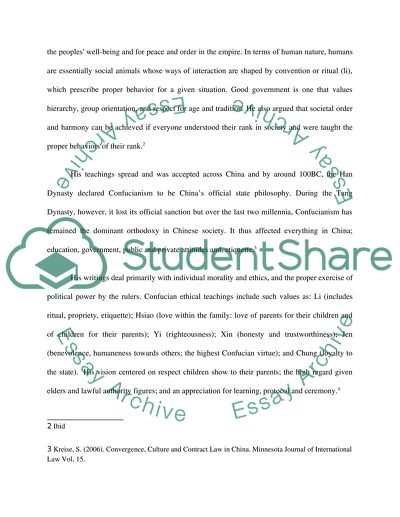Cite this document
(“Chinese contract law and the economic reform Essay”, n.d.)
Retrieved from https://studentshare.org/law/1396735-chinese-contract-law-and-the-economic-reform
Retrieved from https://studentshare.org/law/1396735-chinese-contract-law-and-the-economic-reform
(Chinese Contract Law and the Economic Reform Essay)
https://studentshare.org/law/1396735-chinese-contract-law-and-the-economic-reform.
https://studentshare.org/law/1396735-chinese-contract-law-and-the-economic-reform.
“Chinese Contract Law and the Economic Reform Essay”, n.d. https://studentshare.org/law/1396735-chinese-contract-law-and-the-economic-reform.


